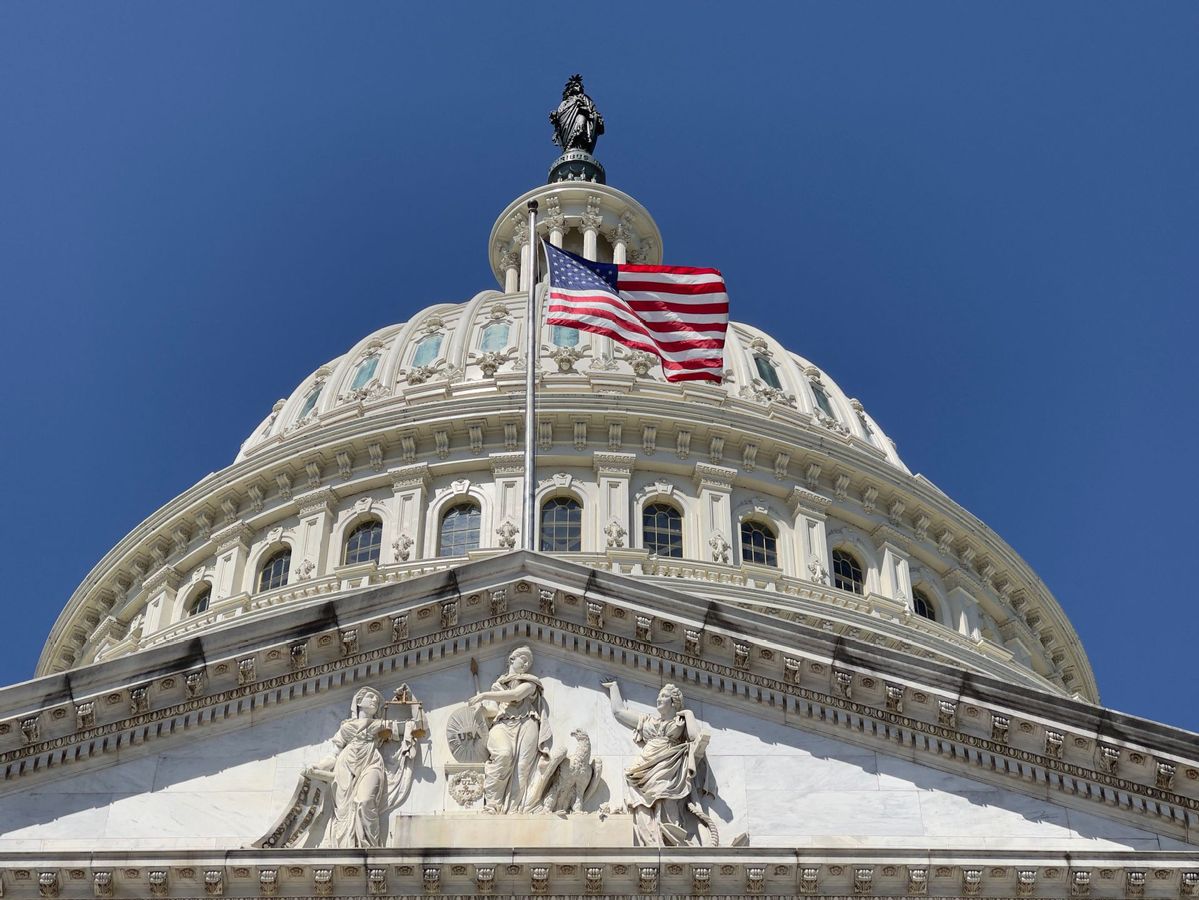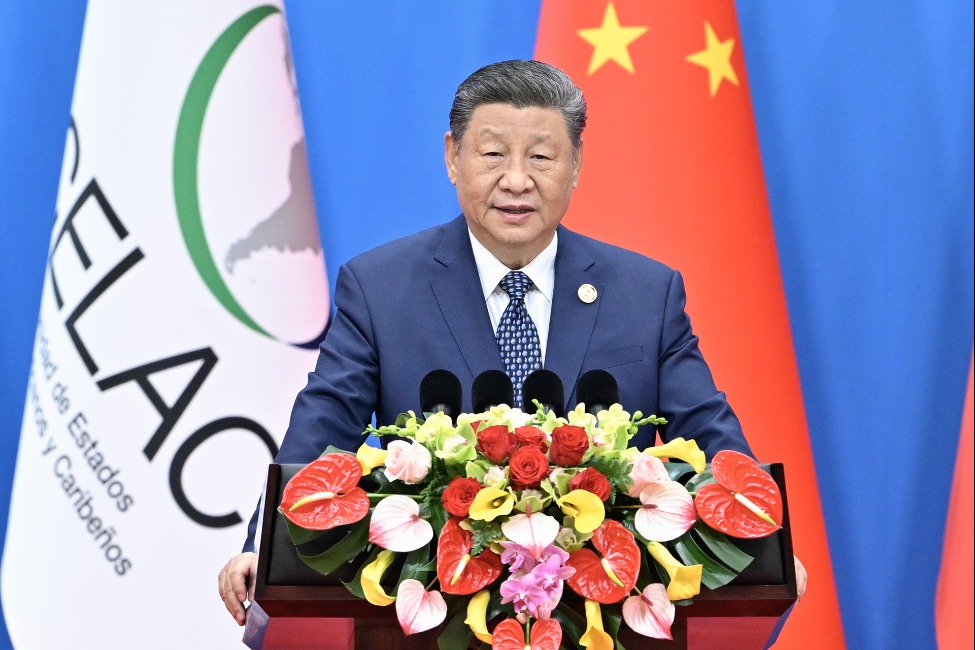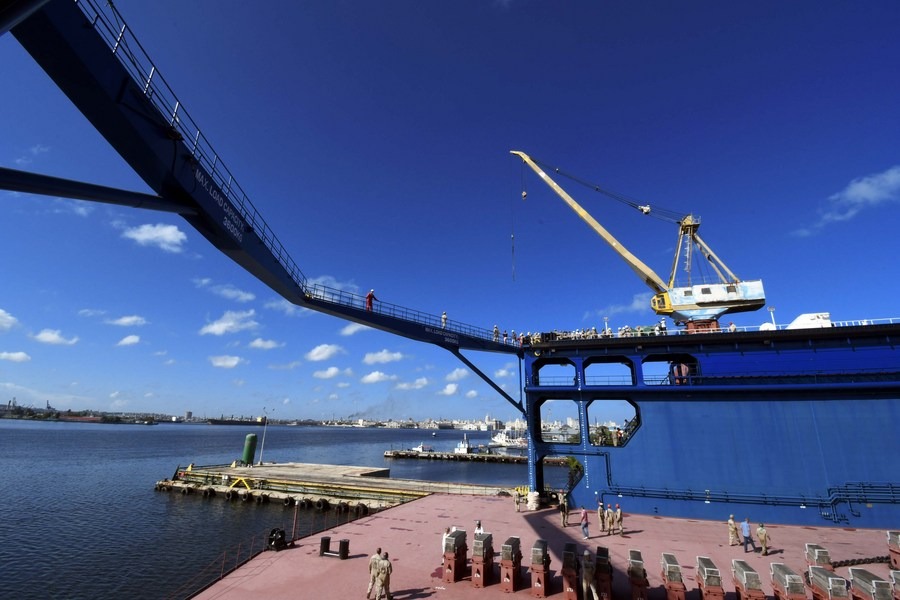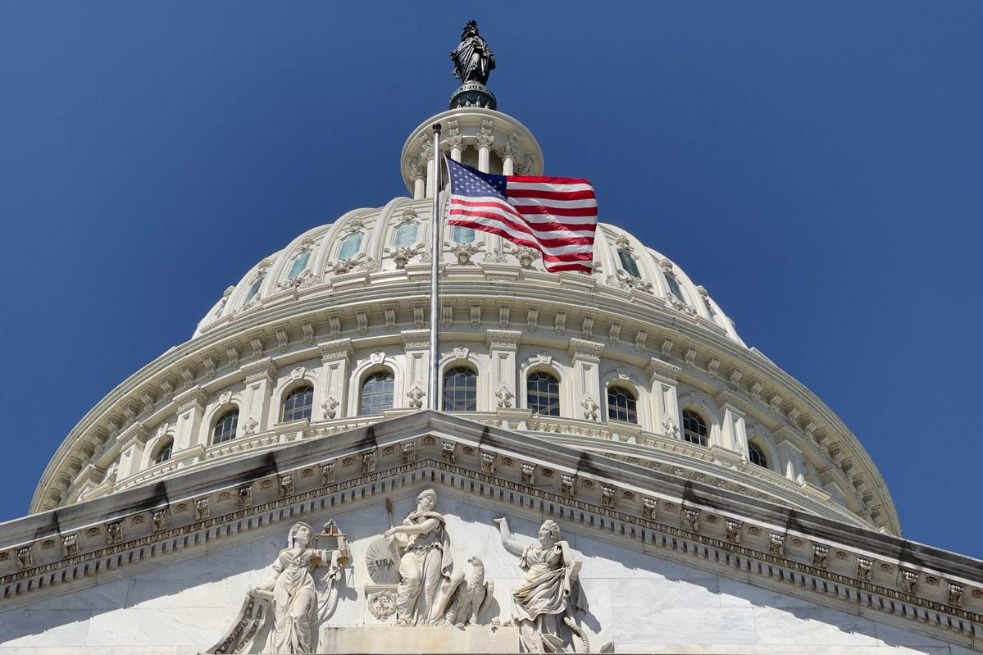'America First' foreign policy benefits US at the expense of others


The US Department of State released a fact sheet titled "100 Days of an America First State Department", outlining accomplishments achieved by the administration. The fact sheet opens with a statement by Secretary of State: "Every dollar we spend, every program we fund, every policy we pursue must be justified by the answer to one of three questions: Does it make America safer? Does it make America stronger? Or does it make America more prosperous?"
Selfish interests over the international community
Upon taking office, the Trump administration immediately froze most foreign aid for 90 days, laid off thousands of United States Agency for International Development (USAID) employees, and cut 83 percent of USAID programs. By redirecting these savings to serve the "America First" agenda, such actions will inevitably undermine global efforts to combat disease spread, counter terrorism, and strengthen public health systems. Furthermore, the US once again withdrew from the Paris Climate Agreement, disregarding global warming crisis and shirking responsibilities in climate governance cooperation, with the explicit aim of unleashing American energy and boosting US energy exports. Recently, the US circumvented the International Seabed Authority and international law and issued an executive order on unleashing critical deep seabed minerals and resources at the expense of the common interests of the international community.
Worldwide tariff hikes
The US imposed tariffs on Canada, Mexico, and China under the pretext of addressing illegal aliens and fentanyl concerns, levies on steel, aluminum and foreign-made auto parts, and most notably, a sweeping "reciprocal tariff" on April 2. However, a week later the US was shocked by a dramatic plunge in stock and Treasury bond markets, and then declared a 90-day pause and reduced tariff rates to 10 percent for nearly all countries. Trump has repeatedly said that "tariff is the most beautiful word in the dictionary". To illustrate, the US wants tariffs to serve three key purposes: first, to achieve balanced trade, with an emphasis on goods trade; second, to use tariffs as a negotiating tool to pressure other nations at the bargaining table; and third, to position tariffs as crucial means to revitalize US manufacturing, reflecting a broader ambition to rewrite global trade rules and ultimately establish an economic system aligned with the interests of the American ruling elites.
Implementing beggar-thy-neighbor approach
A series of word and deed show that the US seeks to reassert the worldview centered on spheres of influence and establish dominant American influence. The US threatened to use force or economic coercion to annex the self-governing Danish territory of Greenland, aiming to expand US influence in the Arctic and gain access to natural resources such as oil, natural gas, and rare earth metals. It also repeatedly threatened to annex Canada in order to make it the 51st state of the United States. The US administration signed an executive order to rename "Gulf of Mexico" as "Gulf of America" and attempt to reclaim the Panama Canal. Clearly, the politics of spheres of influence and the Monroe Doctrine are returning under the US new administration.
Border security might be the most notable achievement during the first 100 days of the US new administration, as curbing illegal immigration is core to the "America First" agenda. According to the Department of Homeland Security, deportations have already exceeded 152,000 since January 20. By invoking the 1798 Alien Enemies Act, the US has forcibly repatriated tens of thousands people to Latin America and Caribbean countries such as El Salvador, Guatemala, Honduras, Colombia, Mexico, etc. An article from the Council on Foreign Relations reveals that some recipient countries have likely agreed to take US deportees because they are facing economic and political pressure from the US administration. By treating Latin American countries as its backyard, the US is now enforcing a new Monroe Doctrine in the Western Hemisphere.
Feathering its own nest through global exploitation
America is also exploiting the interests of its allies and partners. The famous quote by former US secretary of state Henry Kissinger, "to be an enemy of America is dangerous, to be a friend of America is fatal", still works during the Trump 2.0 era. The US has called on NATO members to increase defense spending to 5 percent of their GDP, threatening that the US will not provide assistance if they fail to meet the target. Despite strong opposition from Japan, the US has insisted on imposing tariffs on Japanese automobiles which will deal a severe blow to Japan's mainstay auto industry. To lower tariffs on auto, steel and aluminum, the UK is compelled to make concessions on agricultural products in order to reach a deal with America.
Moreover, the US and Ukraine have signed a minerals deal to establish the United States-Ukraine Reconstruction Investment Fund. The U-turn policy of the US toward Russia-Ukraine conflict and its bypass diplomacy astonished many observers. But if we see through the self-serving nature of the "America First" foreign policy, perhaps we won't be surprised.
A just cause gains wide support, and an unjust one enjoys none. The United States will not make itself great again by harming the well-being of other nations. International community should enhance solidarity and coordination, jointly oppose unilateralism and power politics, and never kneel down to the US hegemony, highhandedness and bullying.
Mo Antong is a research assistant at the Department of American Studies, the China Institute of International Studies. The views don't necessarily reflect those of China Daily.
If you have a specific expertise, or would like to share your thought about our stories, then send us your writings at [email protected], and [email protected].


































